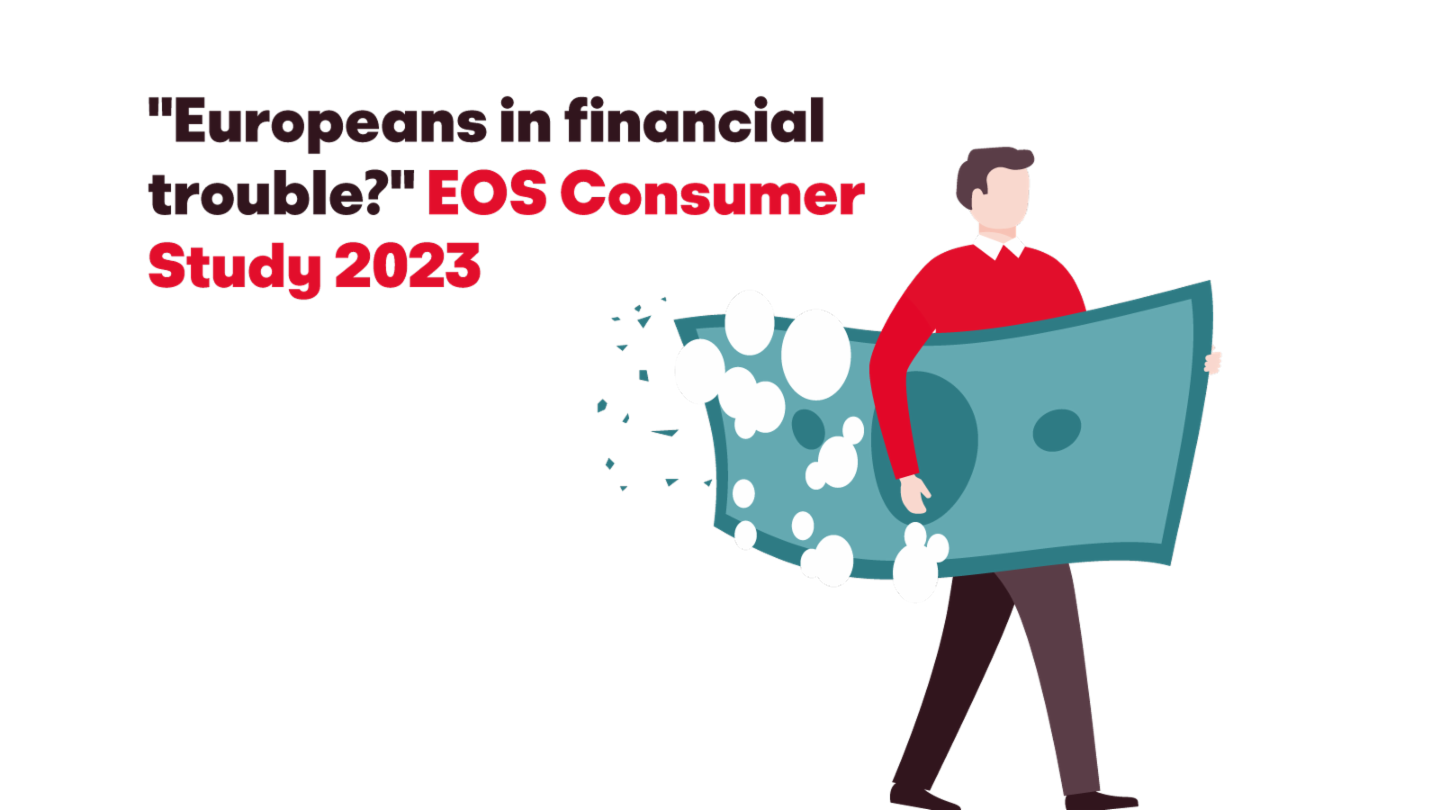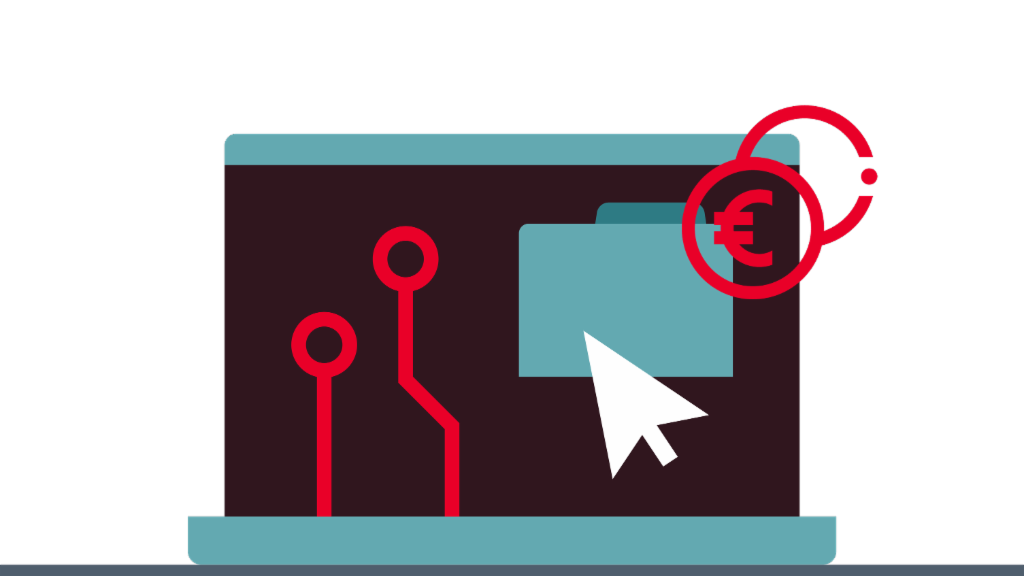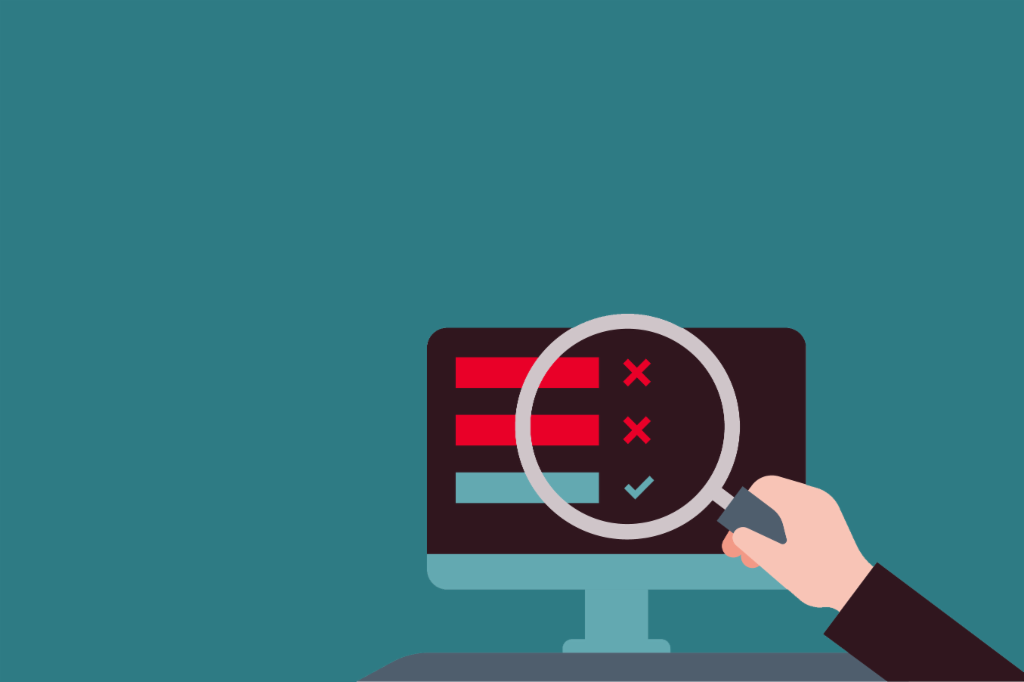
EOS Consumer Study 2023
EOS Consumer Study 2023: Is the inflation crisis set to become a debt crisis?
First the Covid-19 pandemic, now record-breaking inflation and an energy crisis: Times have been tough recently, for companies as well as for us as humans. How have consumers in Europe experienced recent months? The “Europeans in Financial Trouble?” EOS Consumer Study 2023 investigated how consumption patterns and payment behaviors are changing in the current economic situation.
For the survey, a total of 7,729 consumers aged between 18 and 65 from 13 European countries provided information about their financial situation. The survey took the form of an online questionnaire and was completed between February 3-9, 2023.

EOS European Payment Practices 2022
Companies need to step up the pace of their digitalization efforts.
Europe’s companies need to act. Because the payment practices of customers are worse than ever. At the same time, new technologies and social changes are challenging conventional processes and business models.
What are companies doing so as not to miss the boat? How are they making their receivables management more efficient? How data-driven are their decisions – and what is the role of artificial intelligence in this context?
The survey “European Payment Practices”, which EOS conducted in 2022 for the 13th time, provides the answers to these and other questions.
EOS Chatbot Survey 2021
More and more companies in Europe are using chatbots.
The technology offers a lot of potential for communication and thus benefits not just companies and customers, but employees as well.
Two out of three companies in Europe are already using chatbots. The results of the recent Chatbot Survey 2021 by the EOS Group provide fascinating insights into how chatbots are currently being used and what expectations will be imposed on them in the future.
EOS survey 2021 "Covid-19 Financial Report"
One in ten has excessive debt due to the pandemic.
Within a very short time, the Covid-19 pandemic has turned our lives upside down. From a financial perspective in particular, the pandemic forced a lot of people to reconsider planned expenditures or to take on debt just to make ends meet. The Covid-19 Financial Report commissioned by the EOS Group shows that in Germany there are people who slipped into excessive debt over the last year.
All international studies

European Payment Practices 2022
To overview page
The Chatbot Survey 2021
To overview page Download PDF (1.4 MB)
The Covid-19 Financial Report 2021
To overview page Download PDF (243 kb)
“What's the value of data?” 2020
To overview page Download PDF (1.5 MB)
European Payment Practices 2019
Download PDF (0.9 MB)You want to learn more about our studies? Please feel free to contact us.

Daniel Schenk
Team Lead Corporate Communications German Market
EOS in Germany
Steindamm 71
20099 Hamburg
Germany
Phone: +49 40 2850-2291






